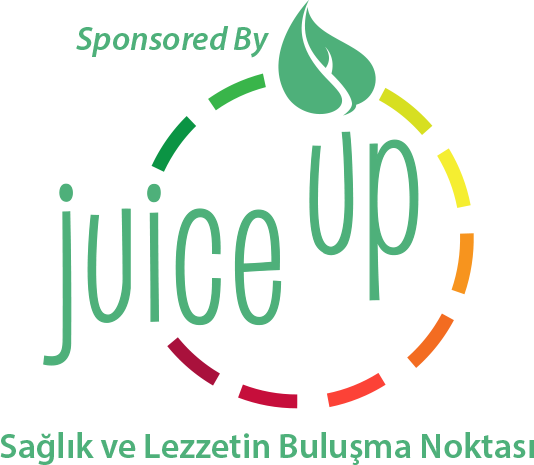
An Innovative Skill-Building Program That Teaches Elementary School Students to Make Healthful Food Choices
Dear School Administrators and Teachers,
At this time when childhood obesity is epidemic, our kids need nutrition education more than ever. We’re watching children develop what was, not long ago, ‘adult onset’ diabetes, now called Type 2 diabetes. We’re seeing signs of heart disease risk in ever-younger people. Since this epidemic has been created by an array of factors in modern society, combating it will require an array of solutions.
We believe that schools can be one vital part of this solution. Yet we recognize the time crunch that you may face in bringing nutrition education into your classrooms during an era of budget cutbacks and pressures to meet the demands of standardized testing.
That’s why we suggest you to use the Nutrition Detectives™ Program, which is developed in US by Dr David Katz and his wife Catherine Katz. This 90-minute program for elementary students gives schools the flexibility to choose when (one 90-minute session, two 45-minute sessions, or three 30-minute sessions), where (classroom, physical education class, cafeteria, or school assembly), and how to offer it.
Nutrition Detectives™ Program motivates elementary school children to be “clued-in” to health, and teaches them “5 clues” to make sense of the information presented on food packages. It offers valuable lessons on the importance of eating well, and emphasizes the practical skills needed to identify and choose nutritious foods. The children learn how to understand the nutritional information on food packages; see past deceptive marketing claims; distinguish whole grain foods from refined grains; and recognize the importance of eating natural whole foods such as fruits and vegetables.
The Yale Prevention Research Center has partnered with the Independence School District in Missouri, the New Haven Public Schools in Connecticut, and Quinnipiac University to evaluate the effects of Nutrition Detectives™ in elementary school classes. Our findings show that this program has great potential to improve nutrition knowledge and food label literacy in students and parents.
The dietary choices that children make today can have profound effects on their long-term health.
Here, there is great responsibility for us both as parent and educator, to direct them to healthy choices.


